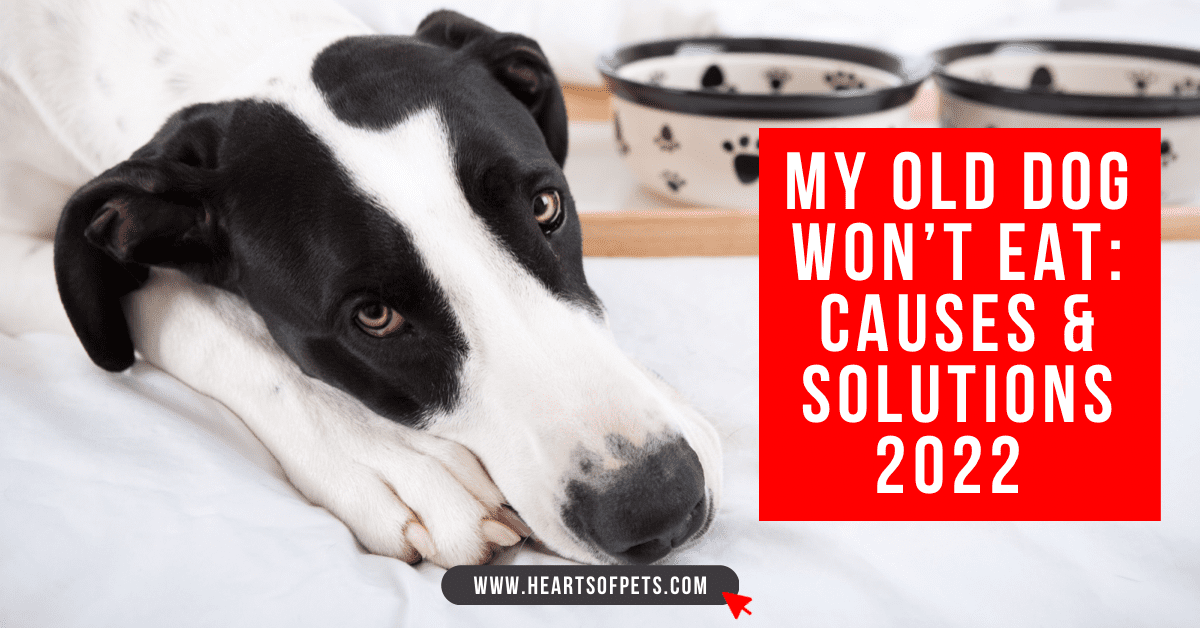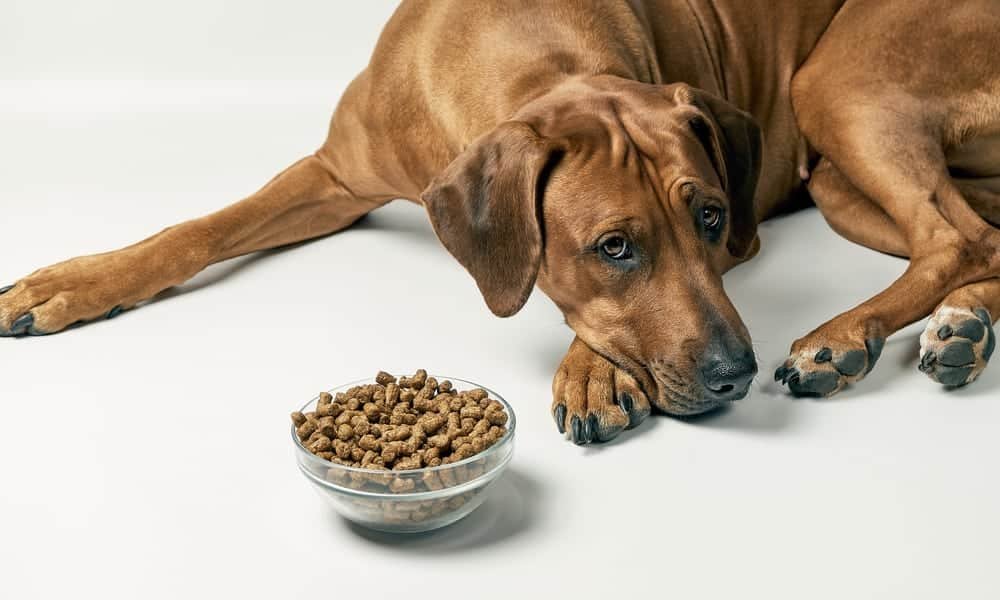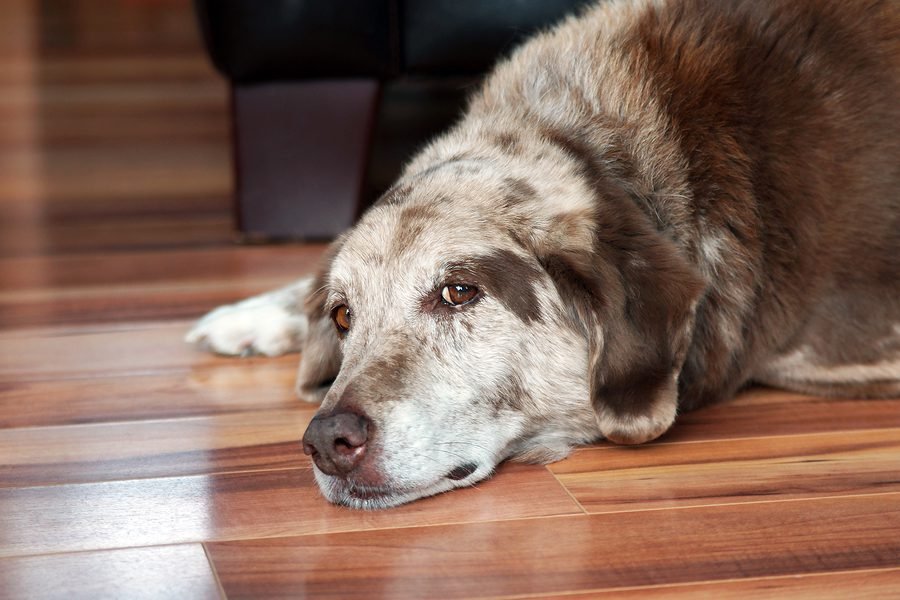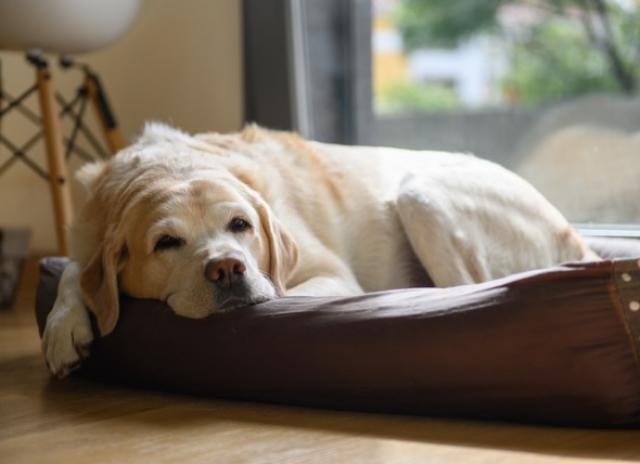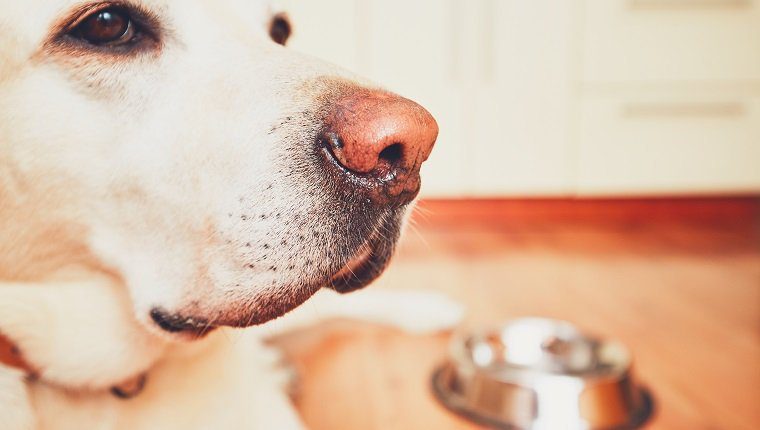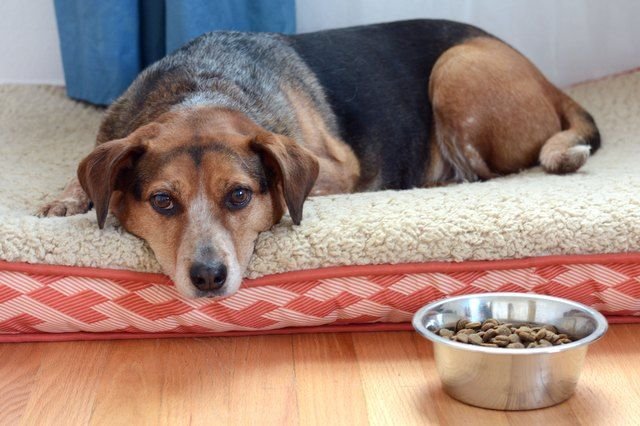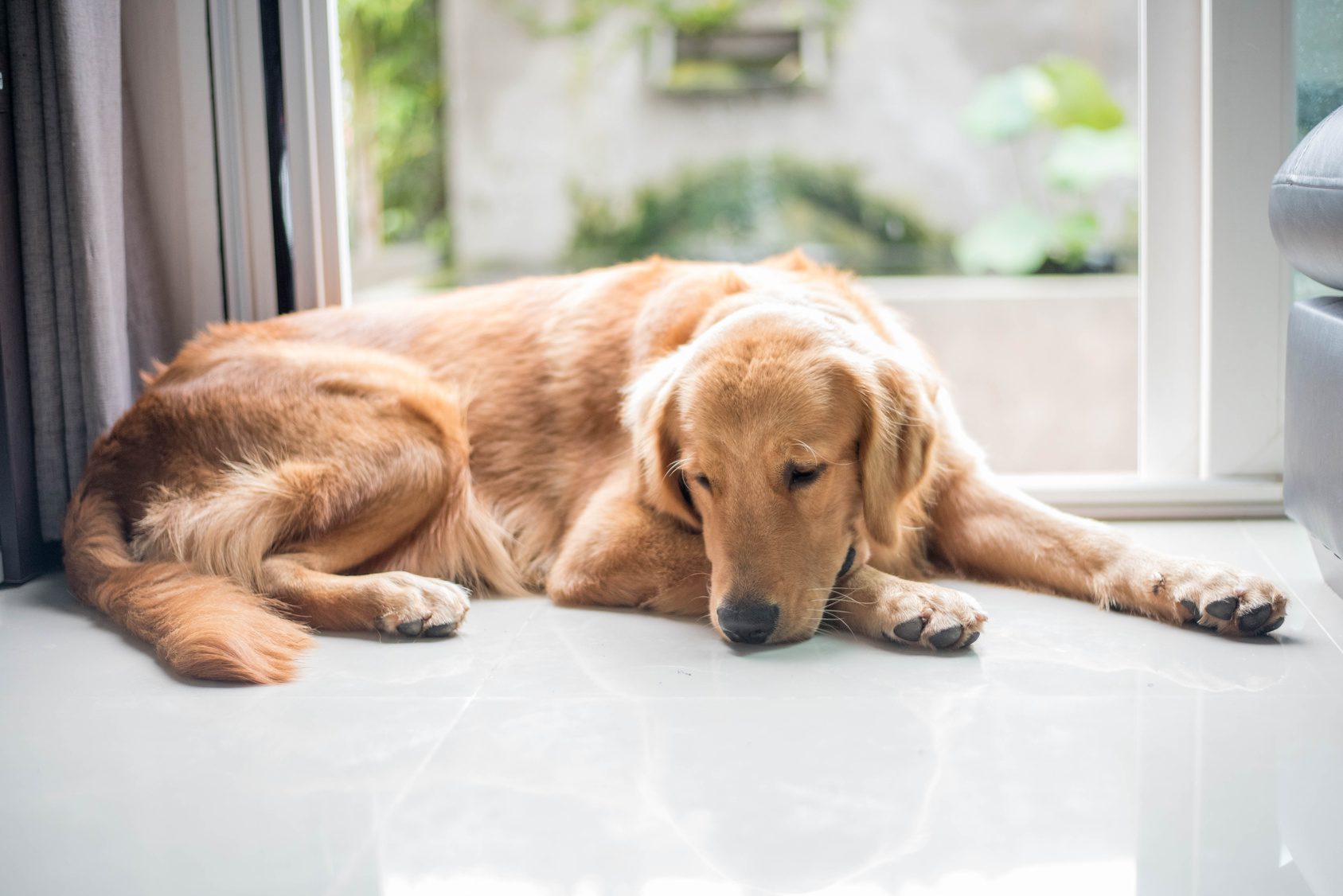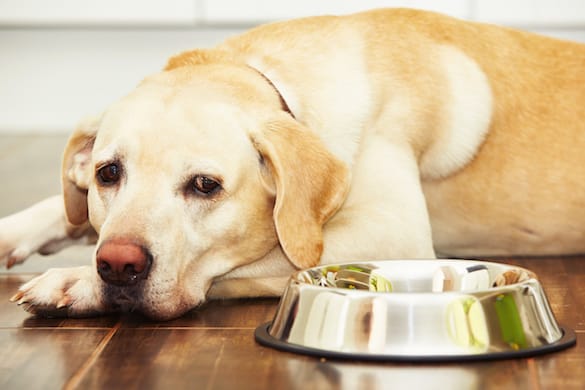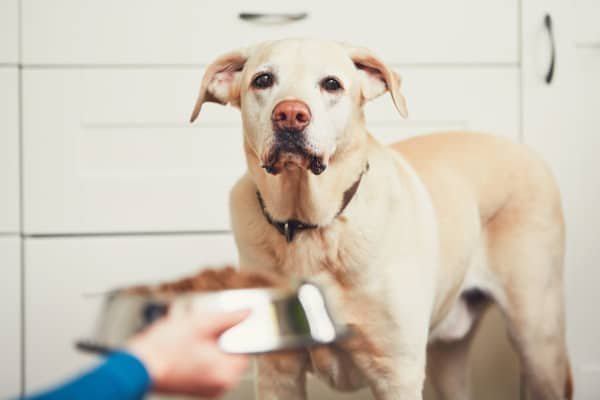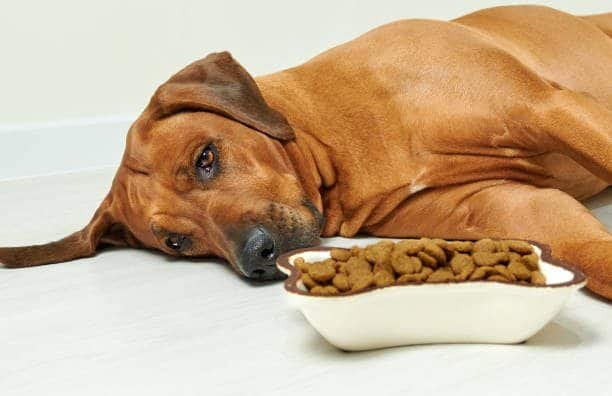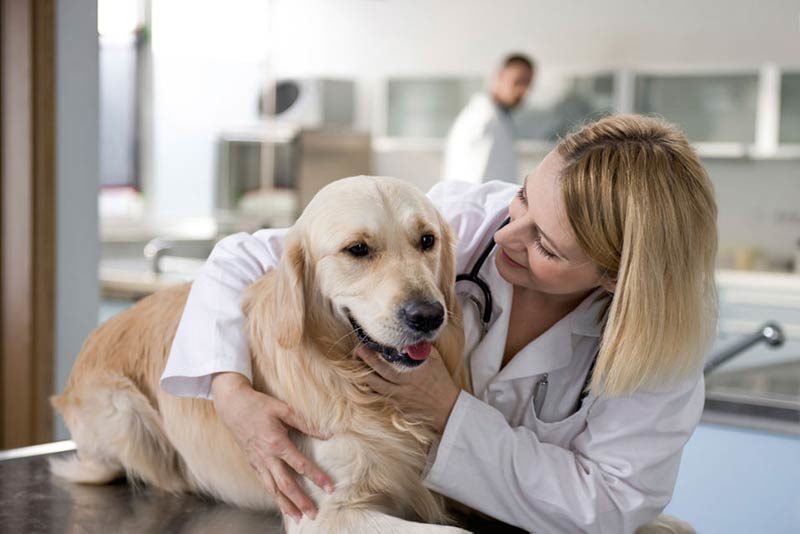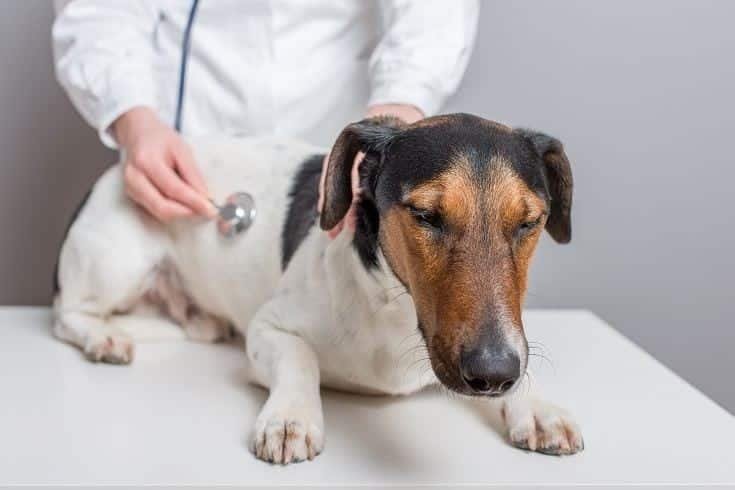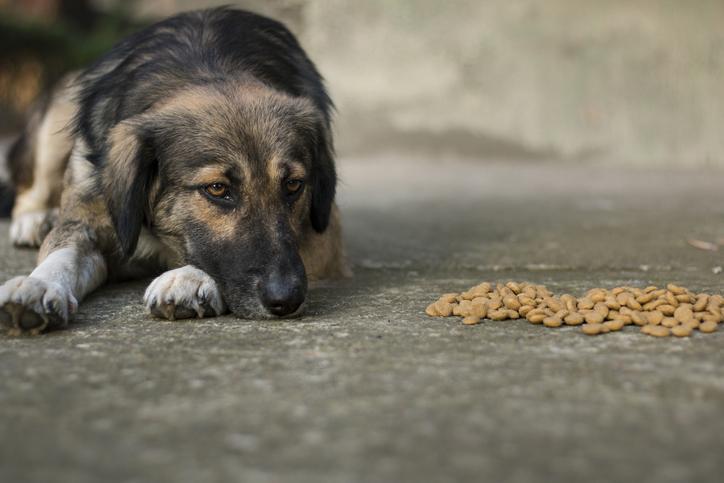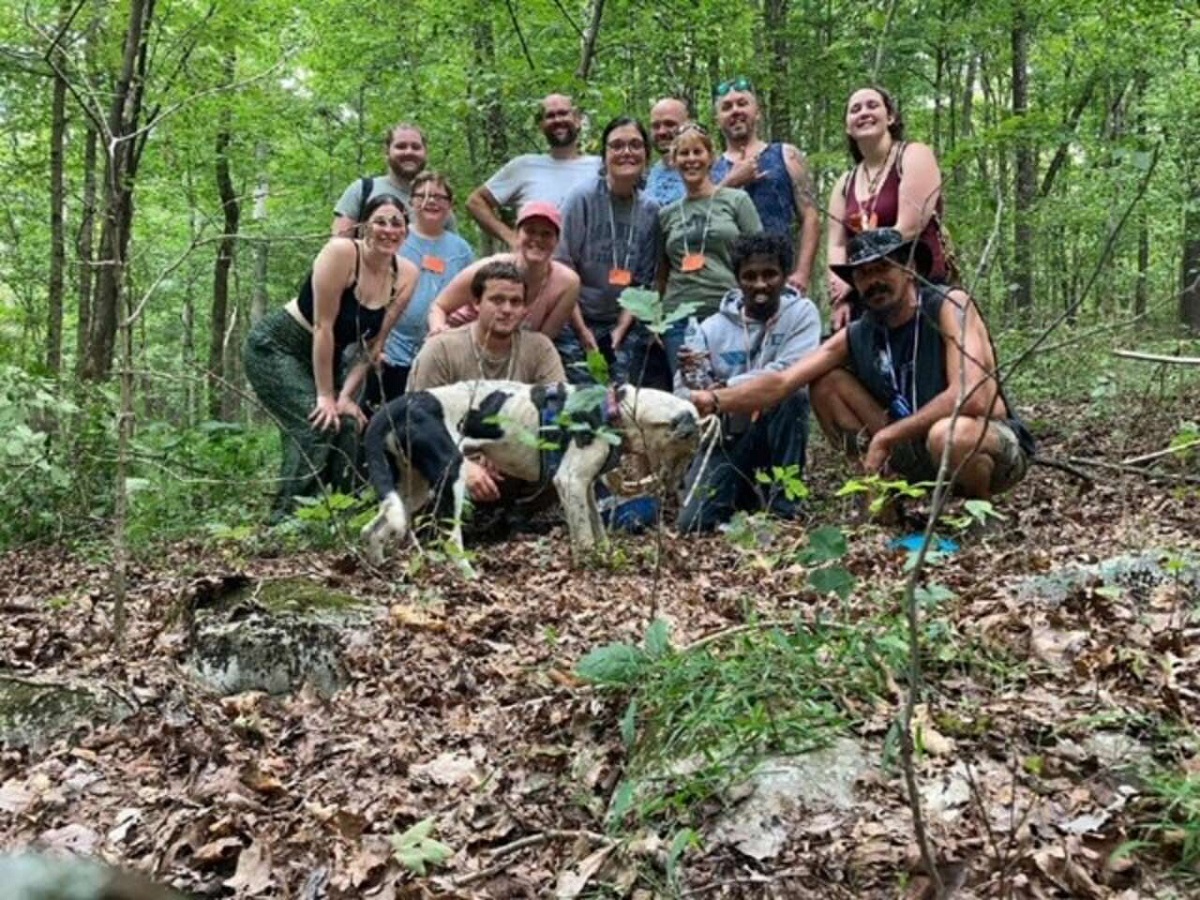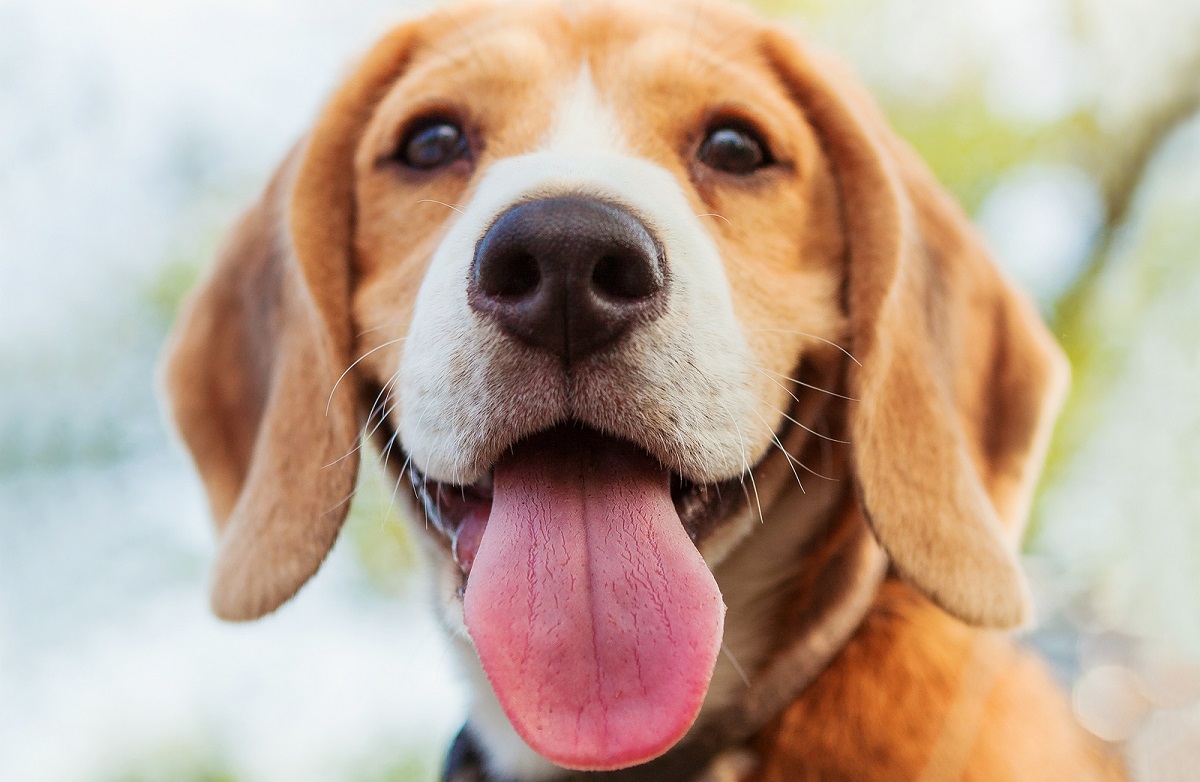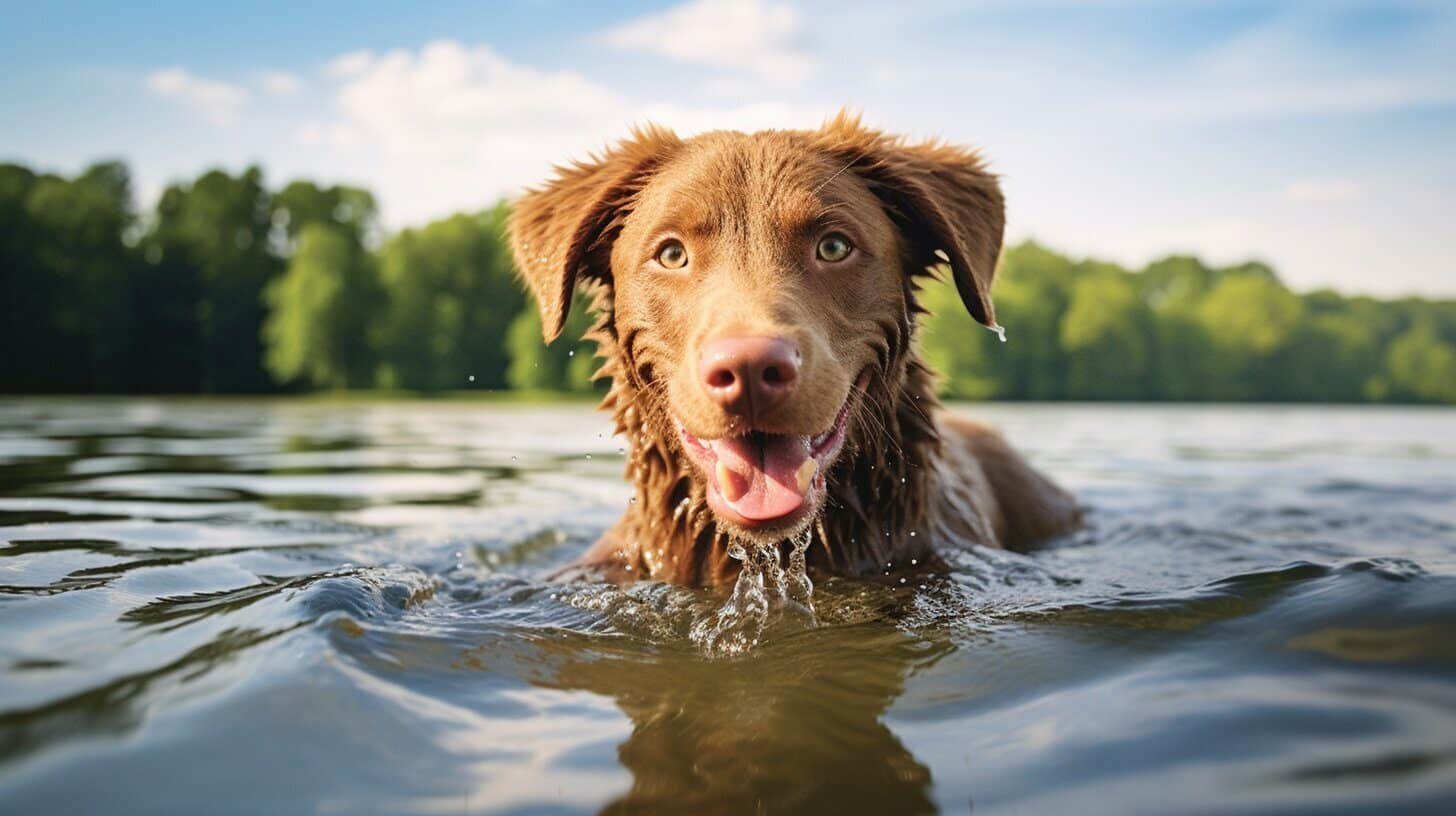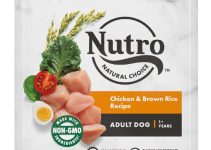Dogs are known as man’s best friends for a reason. They’re always happy to see us, love to play, and always be there when we need them. But what happens when our furry friend starts refusing to eat? Believe it or not, this is a fairly common issue among aging senior dogs and can be caused by various factors.
This blog post will explore some of the most common causes of dog refusal to eat and solutions you can try at home to get your older dogs eating again. Your old dog not eating is a lot more common than you think and often quite an easy fix. Let’s get started!
Why is my old dog not eating?
Here are some common reasons your old dog might refuse his food. Of course, some physical and behavioral conditions can cause any of these behaviors, so it’s essential to look at them before determining what is wrong with your furry friend. Many things can cause the loss of appetite in an older dog.
Lethargy, Confusion & Anxiety
As dog’s age, you might notice that they become restless or sensitive to sound. Your old dog may start vomiting frequently and even howl out loud at night now and then- which could also result in cognitive decline in older dogs. You’ll probably find him clingy when left alone because these are physical signs also caused by “doggy dementia.”
But don’t worry: this doesn’t mean they have wandered off into danger – it just means their minds need more care than ever before, so make sure someone knows where everything vital (like food) lies around the house.
Old dogs often don’t want to eat when stressed out, just like humans. Unfortunately, this can lead them away from the table, and what started as a slight loss of appetite can turn into an energetic rush where their need goes down the drain forever. It can lead to a frustrating feeling for you as a pet parent, constantly wondering, “what will make my dog eat again?” With your dog not eating, their stress becomes your stress, and we’re often left to figure it out on our own.
You can give your dog a doggy massage and take him on walks to help ease his anxiety and ensure he has the best quality of life possible. Of course, you should mention any observations from this behavior to the animal hospital so they know what can be done about it – maybe putting your old dog on mild anti-anxiety medication would make things more comfortable.
The truth is, life just becomes slightly more uncomfortable for older dogs, and your dog not eating can just be another symptom of old age. Every pet parent should monitor their old dog for drastic behavior changes, and if you notice your dog’s appetite plummet through the floor, a more serious health problem may arise. Your dog’s loss of appetite can be something simple or more complex. Your vet can better help you figure out what to do about your old dog not eating.
Dental Decay
And we all know that as dog’s age, their teeth become more prone to problems too. It’s just the way life goes! The older you get in human terms – with higher the chances of needing dental care like crowns or implants; bridges if necessary. It’s no different when our furry friends experience this growth spurt too! Knowing the best food to give your older dog is essential to keeping a proper nutrition and your dog’s appetite on track.
Senior dogs need to be more careful about what they chew on because it can cause dental problems. In addition, as your pup ages, his teeth become less intense, and he may have sensitive gums that are painful when touched with hard foods such as kibble or bones; even rough dirt is too much for these older guys!
If your senior dog has a dental procedure, you may notice a decreased appetite for a couple of days after. Again, this loss of appetite isn’t always something to worry about; the healing process may take a day or so before your senior dog feels like eating again. It is essential they still drink water during this time.
To ensure your old dog isn’t missing essential nutrients during these recovery days, one idea is to feed them a soft food bowl containing low-fat cottage cheese or rice and chicken broth. Anything bland is quiet, so they have an easier time eating it while their mouth is sore.
Don’t go too crazy on the human food, as most of it doesn’t belong in a dog’s diet. But if a small amount seems to revive your dog’s appetite, introducing a new food when your old dog refuses to eat might be the hidden gem to get them back on track.
Senior dogs need to be more cautious when they chew hard food like kibble. This is because they have sensitive gums and may experience discomfort in their teeth after eating something too soft for so long.
You can also try broth specifically made for dogs. I find that my pup loves the taste, and it seems to be healthier than just giving him water.
Oats and pumpkin together make for a perfect fall flavor. In addition, the puree can be used as an alternative to traditional dairy or soy-based options, which is excellent if you have sensitive stomachs but also want that warm feeling associated with drinking something comforting on cold days.
Yogurt is the perfect food for your older dog. Not only does it taste great, but by adding some yogurt to their meals, you are helping them get all the essential nutrients they might be lacking in other foods.
If you want to save money on your senior dog’s food, consider feeding him wet instead of kibble. Wet foods are more cost-effective and have a better nutritional profile than canned or homemade meals. Dry food can be harder on their teeth and senior dogs tend to steer away from it if they’re in any kind of pain in their mouth. Soft food or canned food is a better option for many senior dogs, especially if you find yours is a picky eater.
Recent changes
There are many reasons your dog might refuse food, such as if they recently added a puppy to the dog’s life. Senior dogs often have more difficulty adjusting than younger ones because of the changes in our lives and the environment around us. However, you need only try hard enough on this task; it’ll pay off for you and your dog in due time.
It is important not to rush a dog’s transition into new surroundings. For example, if you are renovating your home or making other significant changes in the house – don’t do it while they still have adjustments. Your old dog appreciates consistency above all else.
If you’ve made a recent environmental change and you notice your dog’s eating habits make a shift, there’s not necessarily a reason to panic just yet. It’s not always a sign of health problems, but your dog’s response to change. Be patient with them for a couple of days, and then if their loss of appetite continues, be sure to visit your local veterinarian.
(Joint) Pain and Aches
We know it’s tough when your pup starts hurting, but there are things you can do to help them stay healthy. For example, if they have arthritis or other joint problems in their hips and knees, then supplements might be able to provide relief for a while longer- just until nature takes its course with these age-related illnesses.
The old dog might suffer from joint pain because he’s pacing around. Make sure to give him a peaceful and inviting place where his feet can rest, don’t leave him outside unsupervised if you’re not home. The repetitive motion of walking could lead the animal into more discomfort, which will result in a loss of appetite.
Grooming your dog’s nails isn’t just for the look of it. If you don’t trim or grind his feet regularly, he could end up in pain, which will also make eating difficult and can result in additional health issues.
What do I do if my dog stops eating?
You can change up their dog food, for starters. If your senior dog usually eats dry kibble and appears to have a loss of appetite, you can add warm water to it, which sometimes brings out the smell of it. This can occasionally make eating dry food more appealing to your old dog, and they’ll become more interested.
You can offer them canned dog food instead if that doesn’t work. Richer in calories and fragrances, sometimes this is a step up from their dry kibble diet. If the eating habits of your old dog don’t seem to perk up with the introduction of wet food, or they’re still displaying minimal appetite, the best food to give them is then bland human food.
If you notice other symptoms, it might be time to visit your veterinarian for more advice on how to turn around your old dog’s loss of appetite.
What happens to your dog’s weight if he isn’t eating?
Your dog’s weight is something you should always keep in mind when he eats less. If the old dog begins to hold his stance but reduces what’s on offer, don’t worry–it means that these days are spent sleeping or resting rather than being active like before.
As an older dog’s metabolism slows down, it becomes increasingly important to monitor their food intake. If they spend most of the day on all fours in front of the television or sleeping under a pile of blankets, your older dog won’t lose weight even if he eats half his usual amount.
As dog’s age, they become more sedentary and far less active. Older dogs require far less food than a young pup in the first place, but it’s when your dog stops eating entirely that you would need to worry. Failure to ingest proper nutrition will lead to other health problems.
If you notice that your dog’s weight is suddenly dropping, it might be time for a visit with the vet. While he’s healthy as long as his numbers stay in range and don’t Drop too much – there are ways we can help our furry friends gain some pounds.
When to see a Vet?
As a dog owner, if you notice any of the following health issues in your senior pup, they should see a vet as soon as possible. Sometimes nothing we do helps, and we have to turn to veterinary medicine for a solution.
- He is excessively drooling and panting.
- He isn’t drinking water.
- Your dog refuses to even sniff at the food.
- He stops urinating and develops an enlarged belly.
- These symptoms can indicate a dangerous disease in dogs of any age, not just older ones.
- He stopped eating entirely
- His water consumption dramatically rises or falls
- He keeps throwing up and even throws up water.
- You think their refusal to eat could be tied to existing kidney disease or liver disease.
- Other symptoms that are out of the usual for your old dogs
Conclusion
If your old dog suddenly stops eating, you’re not alone. This is a common problem that can have many different causes. Fortunately, solutions are usually available to help get your furry friend back on track.
By understanding the possible reasons for a dog’s change in appetite and taking appropriate action, most owners can successfully resolve this issue. Have you been dealing with an elderly dog who has lost its appetite? What solutions have worked best for you? Please share your experiences in the comments below.
Frequently Asked Questions
What does it mean when an old dog refuses to eat?
The majority of dogs lose appetite as they age. Dental deterioration and discomfort from eating tough foods like kibble are the most typical causes. By soaking the food, moving to wet food, or combining it with soft components like yoghurt or pumpkin, this is readily fixed.
What can you give a dog that won’t eat?
Steamed or cooked butternut squash, sweet potatoes, pumpkin, salmon, simple chicken, or low-sodium beef/chicken broth are also good choices. Just be careful not to feed them any substances like onion or garlic that are poisonous to dogs.
What to do if your dog suddenly stops eating?
To soften dry food, cover it with warm water. if your dog typically only consumes wet food, switching to dry food, or vice versa. Try hand-feeding; often social eaters just want to be noticed. In severe circumstances, your veterinarian might recommend a drug that might encourage feeding.
Will a dog starve himself?
When it comes to picky eaters, keep in mind that dogs often won't starve themselves simply because they're a little picky about their food (although if your dog goes 24 hours without eating anything, consult your vet). It's not always a sign that something is wrong if you appear slim.

